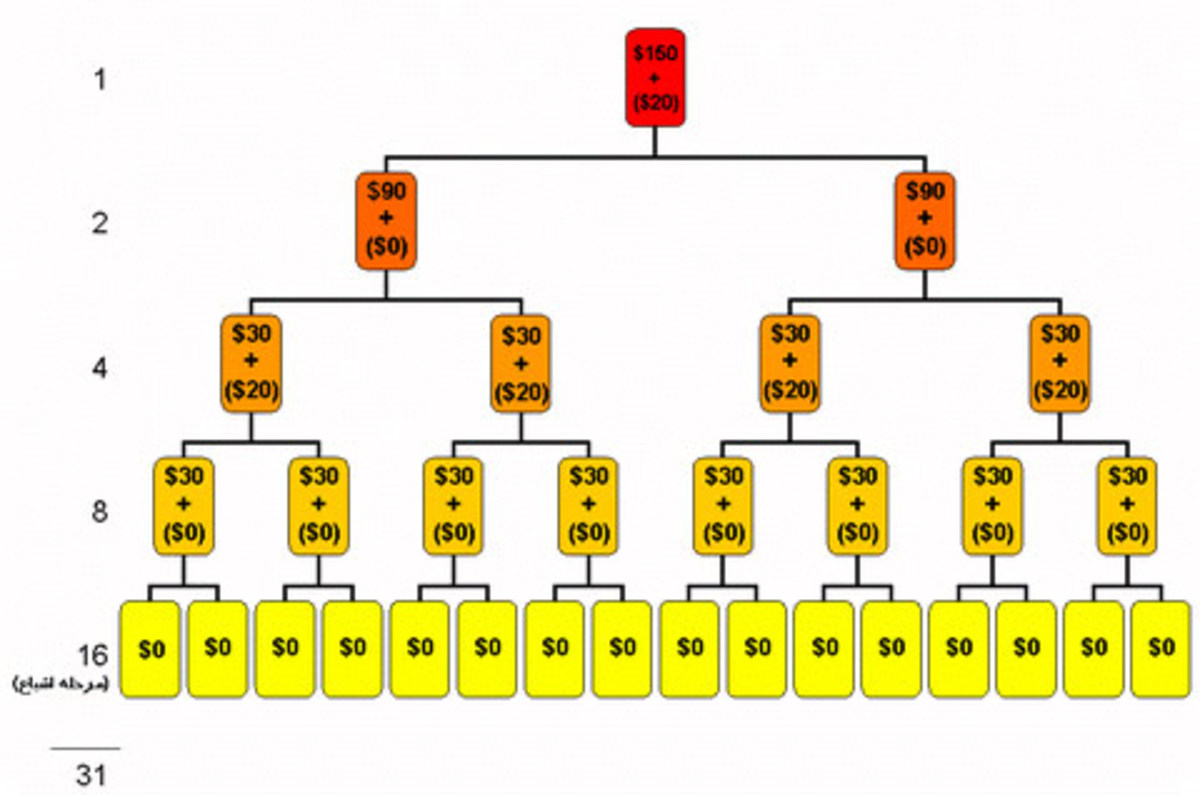Corporate America: The New Slave Masters

I just spent the better part of an hour reading an article calling attention to the jobless state of millions of my fellow countrymen. The author made observations regarding the fact that so many major American corporations have taken jobs overseas, rather than continuing to operate in the United States. She felt these companies raced overseas to take advantage of the near slave labor workforce available in underdeveloped countries. She questioned whether they truly left because of greed driven forces or if it was the threat of closing corporate tax loopholes. She made a very valid point in stating that the issue is not one of a either a Republican or Democratic nature, but rather, one which needed to be resolved quickly if the US was to resolve its economic woes.
While the content, to me, was simply more of the same type of musings being written about for the last two years or so, the number and nature of comments following the article, made me realize that even though the subject has been discussed, argued, and regurgitated a million times over, people just don't get it. The comments following the article contained absolutely nothing new or original.
There were two “star” commentators who insisted on using the space to press the same opinions as so many before them in other mediums. It was very easy to discern who was a Republican and who was a Democrat, even though the author specifically stated that she didn't feel the issue could be handled or answered by taking one political stand over another. I found myself very tempted to make a few comments of my own which would have certainly both agreed and disagreed with the two of them.
One view of the reason for high unemployment is that corporations have been driven away by the American government who imposes some of the highest corporate tax rates in the world. Then of course, there was the dissertation on the American individual's greed regarding the expected pay rates for the work being done, in comparison to those who are willing to do the work overseas for a far, far lower rate of pay. In the same vein, there were comments regarding the absolute need for profits to ensure survival of the corporations. If they should fail, then jobs would be lost anyway, etc, etc... I believe the statement which brought me the most outrage was the one that alluded to the idea that CEO's and other top executives deserve to be paid exorbitant amounts because they are the ones whose expertise has enabled the corporations to rake in the astronomical profits, to begin with. It is those same profits which under this logic, shouldn't be subjected to taxation.
The other view being presented was that there was a need for closing corporate tax loopholes, for holding corporations accountable for their share of the tax burden, for limiting excessive pay packages to executives who write off so many of their luxuries as work expenses, in order to avoid their own personal taxes. He spoke about the impoverished state of countries such as India, China, and Mexico, and how the lack of corporate and government regulations and taxation for the good of all has not alleviated the miserable conditions of their lives, but has simply made corporations even wealthier at the expense of their workers.
And as is usually the case, when the second commentator spoke of the argument being “against the inhumane profits of the few over the majority...”, the first guy resorted to blowing off his reasoning as a remark “straight out of the Marxist handbook.”
Writing this commentary was prompted by the statements regarding the need to create profits and the right for the few to reap the rewards of others' hard work. I am in total agreement with the notion that those taking the financial risk should be the ones who receive the greatest financial reward. I also do NOT view corporate profits as something evil. Common sense would certainly dictate their necessity. However, the idea that Americans should be reduced to the same state of poverty as those in, say, India, in order to be grateful for the penny wages corporate America wants to pay, is ludicrous.
Take Hanes and Levi Strausse, for example. Two years ago, the minimum wage in Haiti was raised from a lowly 24 cents per hour to a whopping 62 cents. Apparently, both Hanes and Levi Strauss were infuriated by the increase. It was just too much! They were only willing to hand over an additional 7 cents per hour, so they boo-hoo'ed to the US State Department. The US ambassador pressured the Haitian president who worked out the wage increase for textile companies.
At 31 cents, the daily minimum wage is only $3.00. Paying the disputed amount would translate to an additional $12.5 million per year in wages paid to the 25,000 Haitian garment workers who currently sew for American companies. Hanes, who employs about 3200 of those workers, would be forced to shell out an extra $1.6 million. I fail to see how the additional cost would be likely to break the bank. Last year, Hanesbrands Incorporated profited $211 million on $4.3 billion in sales.
If it's high corporate taxes in the US that truly is being blamed for jobs being moved out of the country, and it's not the lure of becoming slave holders, then why would anyone want to do business in Haiti? Their corporate tax rate is 30%, not so very much lower than that of the United States of 35%. Interesting enough, the US has enough loopholes and tax liability reductions, that most corporations are able to reduce tax liability to zero. A weak argument is that it is the threat of losing the loopholes which are driving companies overseas.
It's difficult to see how anything other than greed is the driving factor in American corporations moving operations to foreign soil, when faced with these types of activities. The daily minimum wage in the US computes to about $58 a day. That's only about $250 per week after taxes. I don't know a single person who can afford the very basics of necessities on that kind of income. So, no matter how much we lower corporate tax rates, the availability of slave labor in underdeveloped countries will continue to lure these corporations.

Fifteen years ago, Levi Strauss was earning in excess of $700 million a year, yet only two years ago they demanded a reduction in the proposed minimum wage increase in a desperately poor country. Their stated mission is an outright joke, which states, “...We will conduct our business ethically and demonstrate leadership in satisfying our responsibilities to our communities and to society. Our work environment will be ...and characterized by fair treatment, teamwork, open communications, personal accountability and opportunities for growth and development.”
Just how ethical is decrying a wage increase (that wouldn't even buy one of the executives a bottle of water) for workers who live in abject poverty, and can't afford housing or nutritious food for their children based on the wages being paid? To what kind of leadership are they referring? How do their actions and manipulations demonstrate any responsibility whatsoever to community or society? How is their behavior indicative of fair treatment? Where is the personal accountability? What growth and opportunity are they offering their slaves in Haiti? As for open communications...I don't believe any of the executives or shareholders were the ones to communicate their Haitian minimum wage manipulations to the world at large via the latest financial report or by any other means. We would remain in the dark if it hadn't been leaked through an embassy cable.
When the wage increase debacle first appeared in an article published by The Nation, Levi Strauss vehemently denied having taken any kind of action to block the proposed increase. Pardon me if I find their protest unconvincing, considering their history of bribing international foreign officials, as well as price fixing and restraint of trade.
And then there is China. In 2009, US multinationals had a total investment figure of $49 billion in China. While we are assured that such investments don't take jobs away from Americans, unemployment continues to climb, and our middle class continues to shrink into a poverty stricken mass. GM claims that their investment in China did nothing to divert jobs from Americans since their Chinese plants are for the purpose of directly supplying the growing Chinese middle class, and not for exporting any product back to the US. Last year GM closed 13 plants in the US. Imagine how many jobs would be in existence if GM made the cars here instead of there.
We can also consider this very simple fact: For every dollar spent investing in a foreign environment, it is one less dollar being invested in an American community.
The lip service being afforded these issues isn't worth the time or energy our politicians waste in delivering their predictable diatribes. The simple truth is that we have allowed, even encouraged, greed and corruption in the name of personal wealth, to the detriment of the entire American citizenry. Our culture is collapsing in on itself and will continue to do so unless Americans turn off their televisions and make a point of being heard.
If you find this information unsettling and worrisome, please pass it on by clicking the Tweet, Like, or +1 buttons provided at the top of the page.
- Middle Aged Americans Are Losing Their Quality Of Life
Middle Aged Americans Are Losing Their Quality of Life chronicles a dozen years in the life of one middle aged woman. Within the contents is shown how the economy has taken its toll, creating a situation where two full time jobs are required to barel - The Dismantling of American Liberties - Act I
Part 1 of a three part series aimed at explaining how we arrived at our loss of liberties through deception, manipulation, and greed. The dismantling of our American liberties began in ernest with the inception of the CIA in 1947 and has continued on - Freedom of Speech The CIA Way
Freedom Of Speech The CIA Way discusses the agency's tactics of divide and conquer within the the United States. From buying cooperation of the mass media outlets to willfully planting lies and misinformation, the CIA has lead the way in controlling - Shaken Baby Syndrome - Manmade Myth
Recent medical research has cast a shadow of doubt that is fast becoming a blanket of darkness over the question of whether Shaken Baby Syndrome is a reality. The syndrome was coined in 1946 by Dr. John Caffey who based his opinions on his own obser









